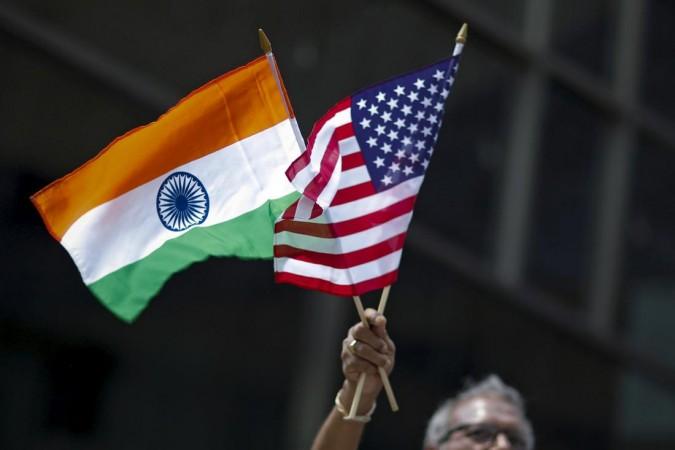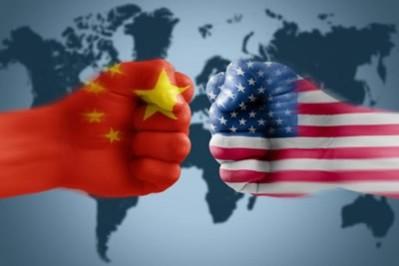
India sent $755 million more in exports to the US during the first half of this year as a result of the trade war waged by President Donald Trump against China, according to the trade arm of the UN.
Trade diversion effects for India were smaller compared some other countries, "but still substantial", a research paper from the UN Conference on Trade and Development (UNCTAD) said.
The paper on trade and trade diversion effects of US tariffs on China that was released in Geneva on Tuesday said, "US tariffs on China are economically hurting both countries. The tariffs have resulted in a strong decline in US imports from China. US losses are largely related to higher prices for consumers."
But it is also helping other countries like India that are not directly involved in the trade war as the US increased imports from them by about $21 billion in the first six months of the year
Taiwan and Mexico were the biggest beneficiaries.
The paper said that the office machinery and communication equipment sectors were hit the hardest for China, with a total reduction of US imports worth about $15 billion for the first half of 2019.
India was able to capture only $18 million in the office machinery component of the sector, but none in the communication equipment part during this period, according to UNCTAD.
India made the most gains in the chemical sector, about $243 million; electrical machinery, $83 million, and other machinery, $68 million, it said.
Vietnam, with its emphasis on export-oriented growth, presents a contrast to India showing that it was able to benefit much more from the trade diversification.
Its exports rose by $2.6 billion, with electrical machinery accounting tor $400 million and communication equipment $1.1 billion, according to UNCTAD.
Chinese export to the US
Washingtons' tariffs caused a 25 per cent export loss for China "inflicting a $35 billion blow to Chinese exports in the US market for tariffed goods in the first half of 2019," the paper said.

But it added that Chinese firms being able to retain 75 per cent of their exports despite the higher tariffs showed their competitiveness.
Last year, US and China initially raised tariffs on about $50 billion worth of each other's goods and Washington later hit Beijing with an additional 10 per cent tariff on $200 billion worth of Chinese imports.
In June, the US increased the tariffs to 25 per cent.
China has also increased tariffs on US products, mainly hitting the agriculture sector from which Trump draws a significant part of his support.
General Scheme of Preferences
India, however, has also been a victim of the trade wars of Trump, who has called India the "king of tariffs."
In June, the US removed the General Scheme of Preferences benefits for India. The Trump administration has made several trade and related demands of India, such as removing restrictions on e-commerce, storage of consumer data, and imports of milk products from cattle given cannibalised feed, and Trump's pet cause, reducing import duties on Harley Davidson motorcycles.
The two countries are negotiating a trade deal.









